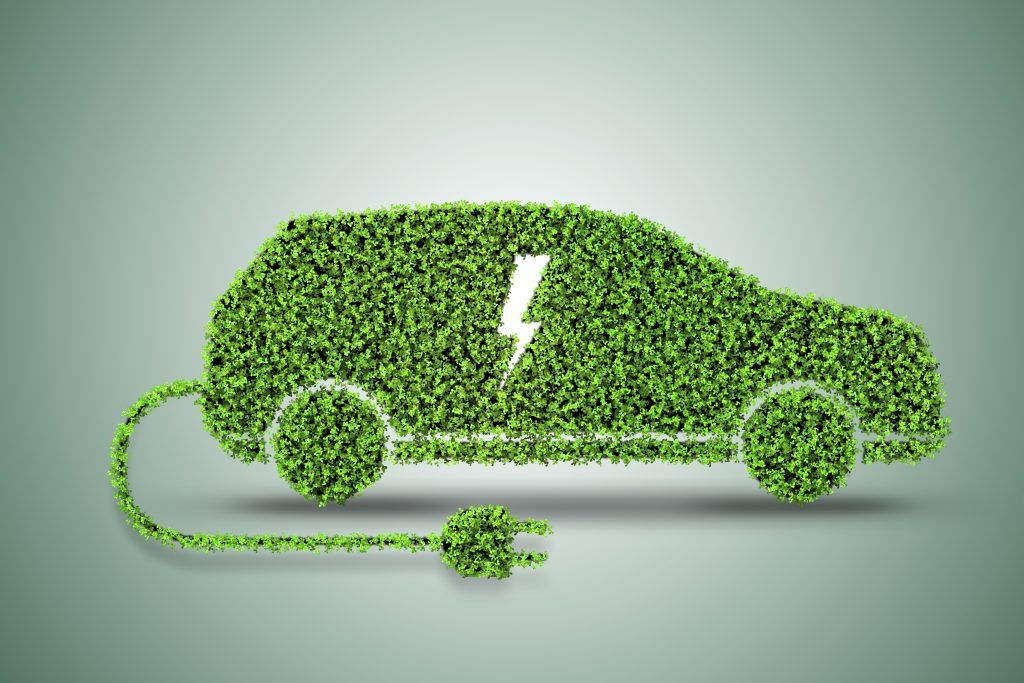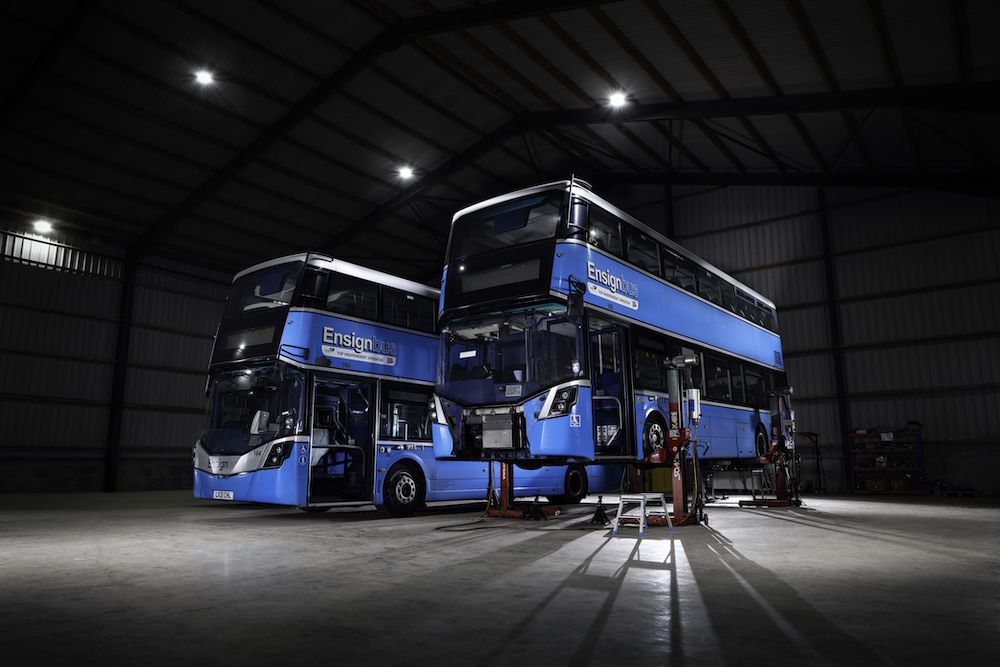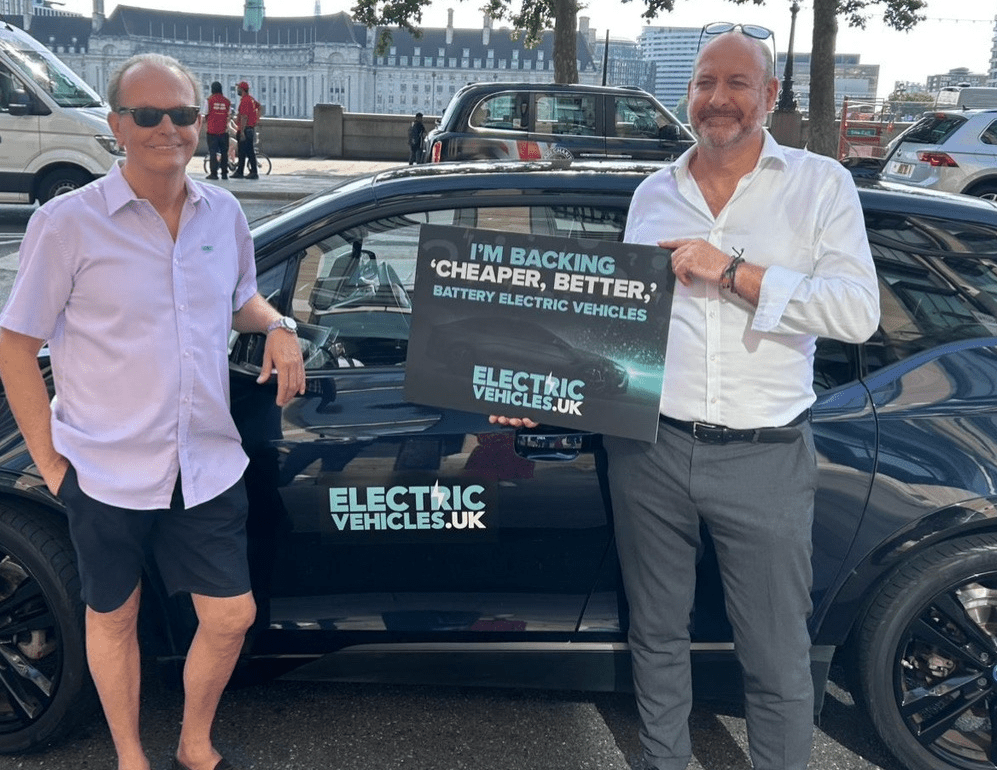A new report commissioned by insurer Zurich UK and conducted by the University of the West of England highlights transport as one of the sectors that will struggle most to reduce emissions and meet UK Net Zero targets.
The transport sector’s position as the biggest emitter of greenhouse gases makes reduction crucial, but the Journey to Net Zero report highlights consumer behaviour and demand as a significant barrier to effective decarbonisation. 90% of the emissions generated by transport come from road transport, with private vehicles making up the majority of road users.
Transport also stands out as one of the few sectors continuing to increase emissions year on year, with just three of 17 industries studied in the research found to be following this trend.
Convincing consumers to change their relationship with private road travel is the biggest challenge facing the sector. The study suggests that success in this area hinges on improving the experience of public transport, in addition to encouraging the take up of electric vehicles. Without both sides of this issue being addressed less advantaged communities will be disproportionally impacted due to implementation gaps.
Though adjusting consumer behaviour will require a number of different strategies, finding ‘win-win’ options offers an effective method for changing minds, according to the study. Linking a reduction in car use with the positive impact it has on air quality will be crucial in breaking carbon-intensive habits.
Government legislation will also play a role in helping the sector cut emissions, particularly for the shipping and aviation industries. Although the Clean Maritime Plan has a plan for all vessels in UK waters to be energy efficient by 2050, it is not legally binding, and involvement is voluntary. If the industry is to effectively decarbonise, the report argues that a binding regulatory framework is needed to ensure firms comply and reach the necessary Net Zero goals.
Reducing aviation emissions will also require consumer behaviour change, but there are policies that could be implemented to help lessen the environmental impact of flying. For example, Government could require airport demand management changes, which could reduce the amount of travel at peak times, and encourage the use of lower-emission, more sustainable fuel for planes.
Sam Thomas, Head of Mid-Market at Zurich UK said: “If we are to reach net-zero by 2050, it is crucial that we decarbonise the transport industry. It is clear from the report that behaviour change is necessary, but the Government also must play a key role in empowering and supporting consumers and businesses to make the required changes, whilst providing the vital infrastructure required to make sustainable travel accessible for all.
“We are now seeing vehicle use increase close to pre-pandemic levels. It is more important than ever that we combine cross sector expertise with ambitious plans that help us reach our Net Zero goals.”
Dr Laura de Vito, lead report author from the University of the West of England Faculty of Environment and Technology said: “The UK industrial sectors are highly interconnected and therefore it is important to adopt a joined-up and collaborative approach to Net Zero. Solutions are available – we now must focus our efforts in implementing them, especially in light of the recent IPCC report which demands urgent and decisive change.
“The UK government will need to play a crucial role in driving this change at the required scale and pace, and in unlocking collaboration opportunities across industry sectors and at all levels of society.”
Image: Shutterstock













